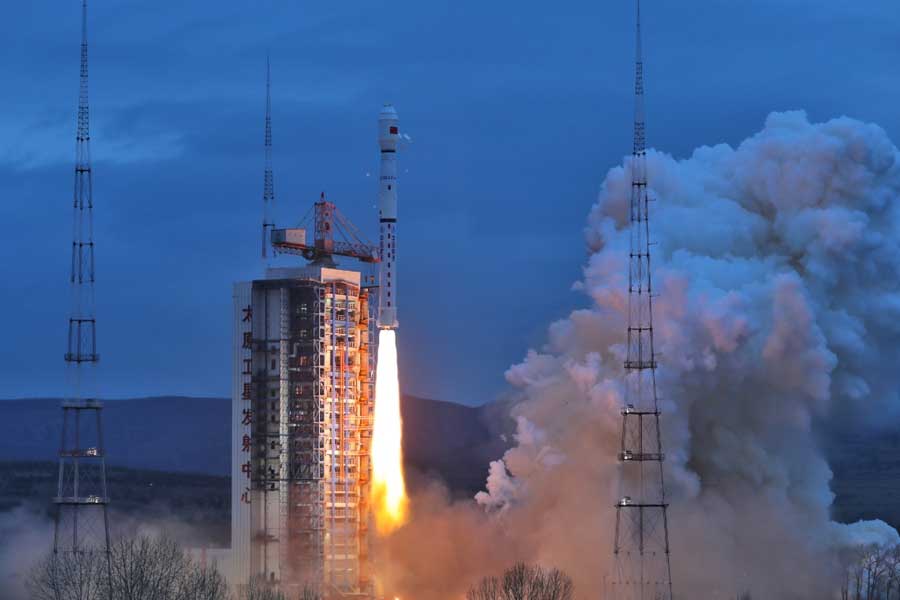
Jan 9 , 2021
By Eden Sahle
The COVID-19 pandemic, having seen over 126,000 cases reported across Ethiopia and leading to the deaths of around 2,000 people, had a silver lining. It was an opportunity to learn that not just governments and a few elites, but the public itself, is needed to bring about change meaningfully. It was only in the practice of responsibility – wearing masks, washing hands and keeping a distance from other people – that the pandemic could be tamed. It was something that society has to do as a whole.
This is not to claim that these precautions were taken. But it was an excellent example of how society often needs most of its members to get things done.
It was not just COVID-19. Ethiopia has the distinction of having had an especially troubling year. Almost every country saw deaths from the pandemic and suffered a subsequent economic slowdown. Ethiopia saw political unrest that climaxed in massacres in several parts of the country and an armed conflict in Tigray Regional State.
Have we learned as a country about the fruits of our toxic politics? Are we ready to change?
It does not seem to be the case. We seem to be apologetics for our behaviour, for individual contributions to the horror that was last year.
Too many in Ethiopia are tribalistic. Everyone has their entrenched politics, believing that only if their worldview was implemented, things would be better. Only a few fathom that the nation's future and its people depend on what is being sown today since every one of us will reap what we sow. After everything we have gone through, after all the killing, apprehension, division and chaos - the lesson is still not learnt.
Unrest and political violence have significant adverse effects on all members of the public. Research has found that violence and the resulting elevated levels of distress may increase the risk of developing post-traumatic disorder, attitude maladies and disruptive behaviours. Such is true especially in situations where exposure to traumatic events is repeated and cumulative.
This does not help our case. For much of Ethiopian history, marked with moments of intense unrest like the past three years, politically motivated violence has become a hallmark. We are living in the grip of persistent tragedy. Violent incidents remain a relatively common occurrence.
The psychological impact on society is profound and can lead to a vicious cycle of conflict, in which the next generation struggles to rebuild a peaceful society. Here again, no research is necessary to persuade Ethiopians, who continue to pay the price for – in case of the current generations – Dergue-era civil war and an urban state-directed terrorism campaign known as the Red Terror.
Despite this, the massacres and the armed conflict of the past three years were committed. Going further, they were portrayed as being necessary for reaching a political end by the elite. But if history is any teacher, they are more stains on the history of the country and traumatic events in themselves that would inspire future violence.
This cycle will not be broken unless the public can make attitudinal shifts. This is a social problem, not just the doing of a particular group of elites. If that were the case, then the problem would have surely been addressed long ago. The problem is that there are no easy answers.
But there is a way out, which is long and arduous, and this too is through the heart of the public. Empathy is high on the list. We may not be persuaded, but everyone has the responsibility to listen and put oneself in one anothers shoes. Our worldview may not change, but we would at least have a more empathetic way of looking at the world.
Most important is to prioritise development. Just as poverty is a symptom of conflict, it is a cause for violence as well. A society whose material needs are relatively met has less need for participating in violence over resources. It would at least give a breather as political issues are dealt with.
PUBLISHED ON
Jan 09,2021 [ VOL
21 , NO
1080]

Commentaries | Mar 28,2020

Radar | Mar 16,2019

Radar | Nov 09,2019

Fortune News | Nov 03,2024

Fortune News | Apr 22,2022

My Opinion | 131451 Views | Aug 14,2021

My Opinion | 127803 Views | Aug 21,2021

My Opinion | 125783 Views | Sep 10,2021

My Opinion | 123419 Views | Aug 07,2021

Dec 22 , 2024 . By TIZITA SHEWAFERAW
Charged with transforming colossal state-owned enterprises into modern and competitiv...

Aug 18 , 2024 . By AKSAH ITALO
Although predictable Yonas Zerihun's job in the ride-hailing service is not immune to...

Jul 28 , 2024 . By TIZITA SHEWAFERAW
Unhabitual, perhaps too many, Samuel Gebreyohannes, 38, used to occasionally enjoy a couple of beers at breakfast. However, he recently swit...

Jul 13 , 2024 . By AKSAH ITALO
Investors who rely on tractors, trucks, and field vehicles for commuting, transporting commodities, and f...

Jun 28 , 2025
Meseret Damtie, the assertive auditor general, has never been shy about naming names...

Jun 21 , 2025
A well-worn adage says, “Budget is not destiny, but it is direction.” Examining t...

Jun 14 , 2025
Yet again, the Horn of Africa is bracing for trouble. A region already frayed by wars...

Jun 7 , 2025
Few promises shine brighter in Addis Abeba than the pledge of a roof for every family...

Jun 29 , 2025
Addis Abeba's first rains have coincided with a sweeping rise in private school tuition, prompting the city's education...

Jun 29 , 2025 . By BEZAWIT HULUAGER
Central Bank Governor Mamo Mihretu claimed a bold reconfiguration of monetary policy...

Jun 29 , 2025 . By BEZAWIT HULUAGER
The federal government is betting on a sweeping overhaul of the driver licensing regi...

Jun 29 , 2025 . By NAHOM AYELE
Gadaa Bank has listed 1.2 million shares on the Ethiopian Securities Exchange (ESX),...